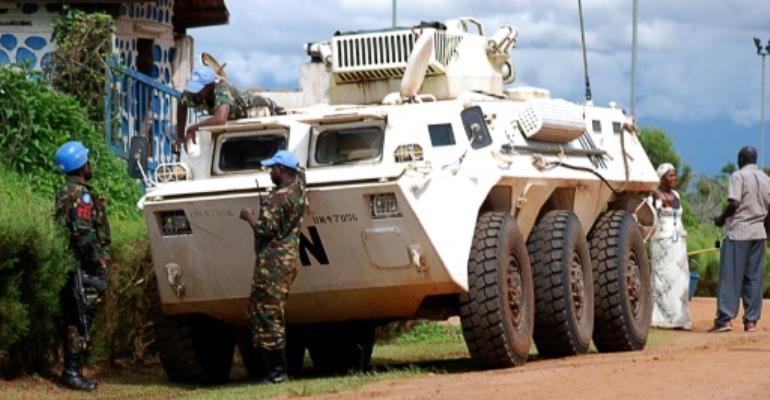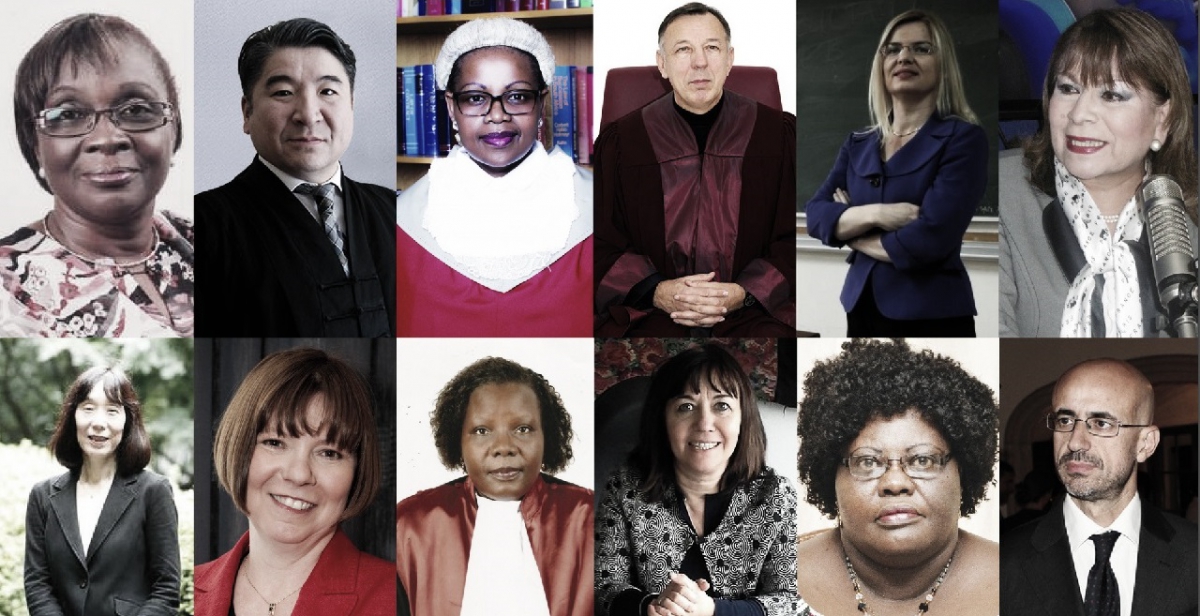 Downloads
Downloads
Kenya: ICC Has Raila-Kalonzo Probe Petition, Will Issue Verdict
Nairobi — The International Criminal Court (ICC) has acknowledged receipt of a petition seeking to have it investigate National Super Alliance (NASA) presidential candidate Raila Odinga and his running mate Kalonzo Musyoka for incitement.
In a response to the petition filed by a Canadian lawyer David Jacobs, the ICC’s Head of Information and Evidence Unit, Mark Dillon, said ICC will consider the application in accordance with provisions of the Rome Statute.
“This communication has been duly entered in the Communications Register of the Office. We will give consideration to this communication, as appropriate, in accordance with provisions of the Rome Statute of the ICC,” Dillon wrote in a letter dated October 17.
“Please note this acknowledgement letter does not mean an investigation has been opened, nor that an investigation will be opened by the Office of the Prosecutor,” Dillon added while noting that the petitioner will be informed in writing, with reasons provided on why a decision to commence investigations against the two NASA leaders would have been reached, or otherwise.
In the petition, lawyer Jacobs acting for International Policy Group (IPG) argued that Odinga and Kalonzo intended to commit crimes against humanity while citing incidences in which they are said to have made utterances meant to radicalize NASA supporters.
“We have strong grounds to assert that Raila Odinga, Kalonzo Musyoka and their cohorts in NASA are planning to plunge Kenya into violence in pursuit of political power,” the petition backed by the IPG’s Chairperson Kenneth Orengo and the Secretary Martin Nkari reads.
According to IPG, the global networks the two NASA leaders have coupled with their clout as former senior government officials could make it difficult for any cases to be instituted, with their supporters likely to turn violent.
The petitioner cited a particular incident in which Odinga and Kalonzo are accused of having incited indigenous Kajiado residents against non-Maasai’s living in their midst on claims that they had invaded ancestral land belonging to the Maasai community.
“There is reasonable basis to believe that Raila Odinga and Kalonzo Musyoka, as principal conspirators and part of a criminal organization and enterprise referred to as NASA, have intended to incite and instigate the crimes of murder, torture, persecution, forceful evictions, rape and damage to public and private property of innocent Kenyan citizens and residents who do not belong to the Maasai tribe in Kajiado County,” the petitioner states.
NASA lawyers led by Siaya Senator James Orengo have however stated since the filing of the application became known to the public that they were ready to face any court of law to defend Odinga.
This even as Odinga’s Spokesperson Dennis Onyango announced a suspension of daily demonstrations against the Independent Electoral and Boundaries Commission while blaming security agencies for perpetrating injustices against its supporters.
“This is a temporary step to enable the coalition to attend to the supporters who were brutalized and hurt and families that lost loved ones today after police and State-protected goons descended on protesters and NASA leaders,” Onyango said in a statement.
“NASA condemns the unfolding policy of ethnic profiling and use of brutal and lethal force being meted out on protesters,” he added while appealing to human rights groups to “take a keen interest in the atrocities” being committed against its supporters across the country.




